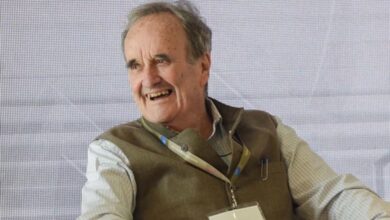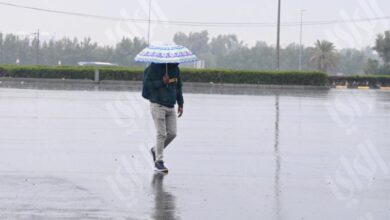The United Nations at 80: A defining moment for global peace
An indirect referendum on the United Nations' relevance and future
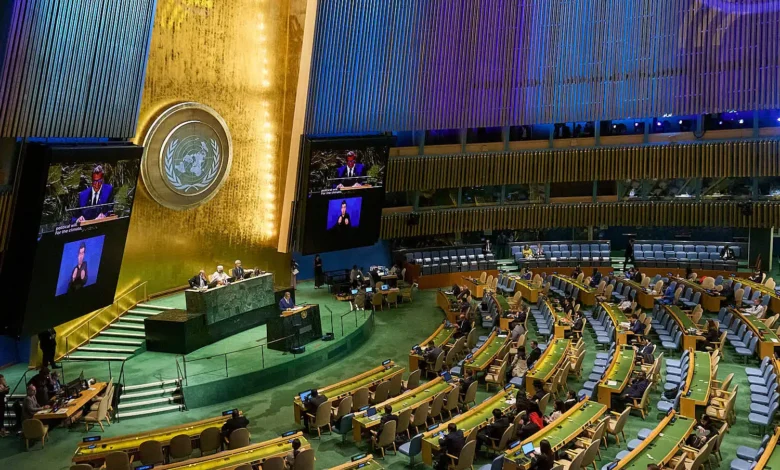

By Tareq Yousef AlShumaimry
Former Secretary-General of the Commercial Arbitration Centre of the Gulf Cooperation Council
As world leaders converge in New York for the 80th session of the United Nations General Assembly, the anniversary of this landmark institution casts a long shadow over its legacy. Eight decades since its inception, the United Nations stands at a crossroads, carrying the weight of its historic triumphs and devastating failures.
In an era defined by increasingly complex global challenges, the question remains: Can this colossal body continue to steer the world toward peace, justice, and cooperation?
The Birth of the United Nations: From Chaos to Hope
The United Nations was conceived not by chance, but as a vital response to the horrors of two world wars that nearly destroyed civilization.
In 1945, as the world reeled from the aftermath of World War II, representatives from 50 nations gathered in San Francisco to establish a charter for a new global order.
Their vision was audacious: to prevent wars, secure human rights, uphold international justice, and foster economic and social cooperation.
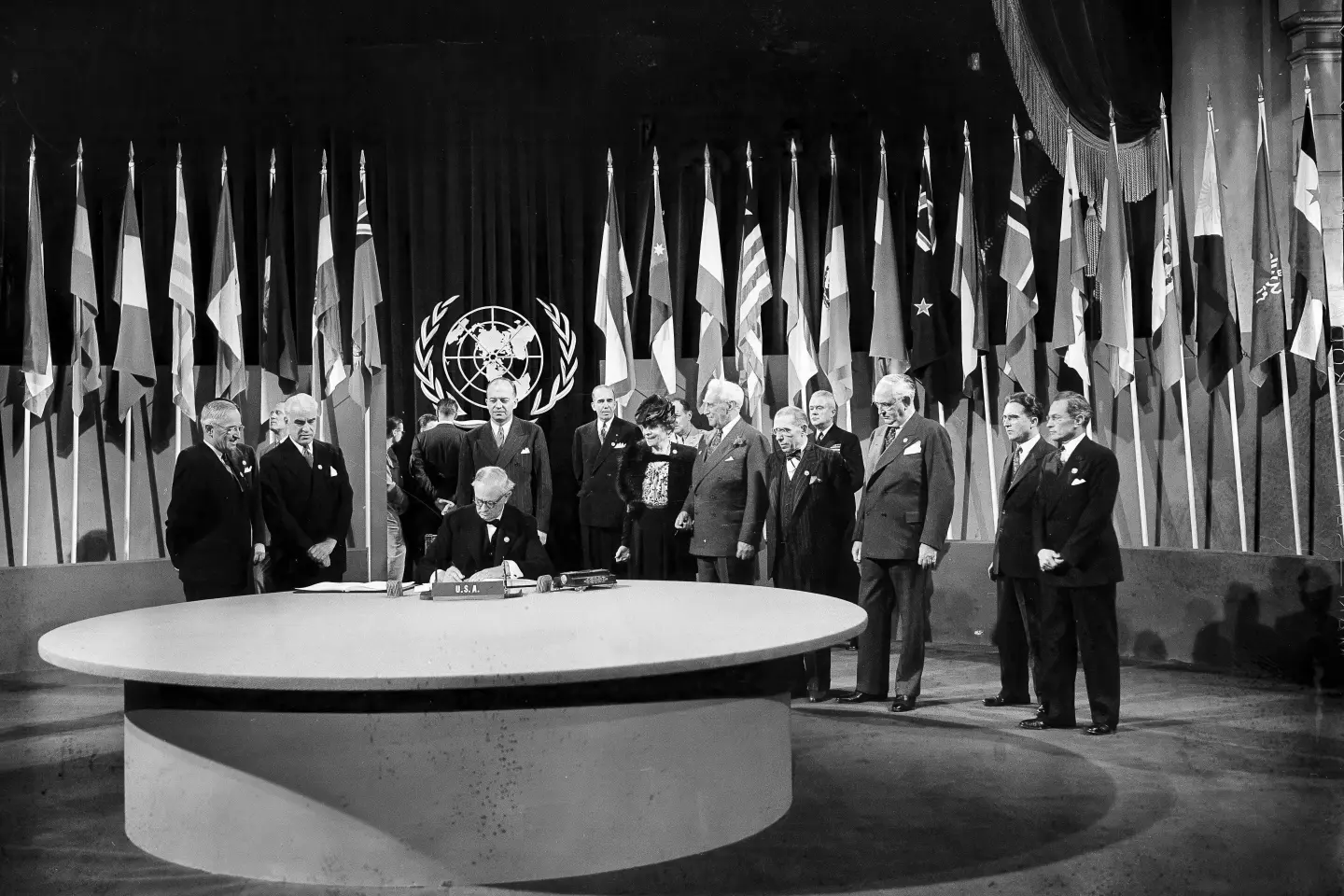
The United Nations emerged from the ashes of the League of Nations, which had failed to stop the war, and was empowered with stronger mechanisms, most notably the Security Council, tasked with safeguarding global peace and making binding decisions.
On October 24, 1945, the UN Charter came into effect, and the world has celebrated United Nations Day ever since. In its earliest days, the organization replaced a failed framework with the promise of a more robust, coordinated approach to global governance.
But as the 80th session unfolds, the question looms: Has the UN kept pace with the evolving demands of a tumultuous world?
A Complex Architecture: The UN’s Machinery of Global Governance
The United Nations is not a monolithic entity but a sprawling network of bodies and agencies working in concert across every facet of global life.
At the heart of this vast system are the two primary organs that shape its influence — the General Assembly and the Security Council.
The General Assembly, often referred to as the “world’s parliament,” brings together all 193-member states. Here, every nation has a voice, regardless of its size or power.
It is in this chamber that the UN’s most visible debates unfold, where resolutions are proposed, and where the moral and political direction of the organization is set.
While decisions made by the General Assembly are not legally binding, they carry immense weight as they reflect the collective will of the international community.
The Assembly’s work spans peace, security, human rights, and the global economy, and it provides a forum for the world to discuss issues ranging from climate change to the future of human development.
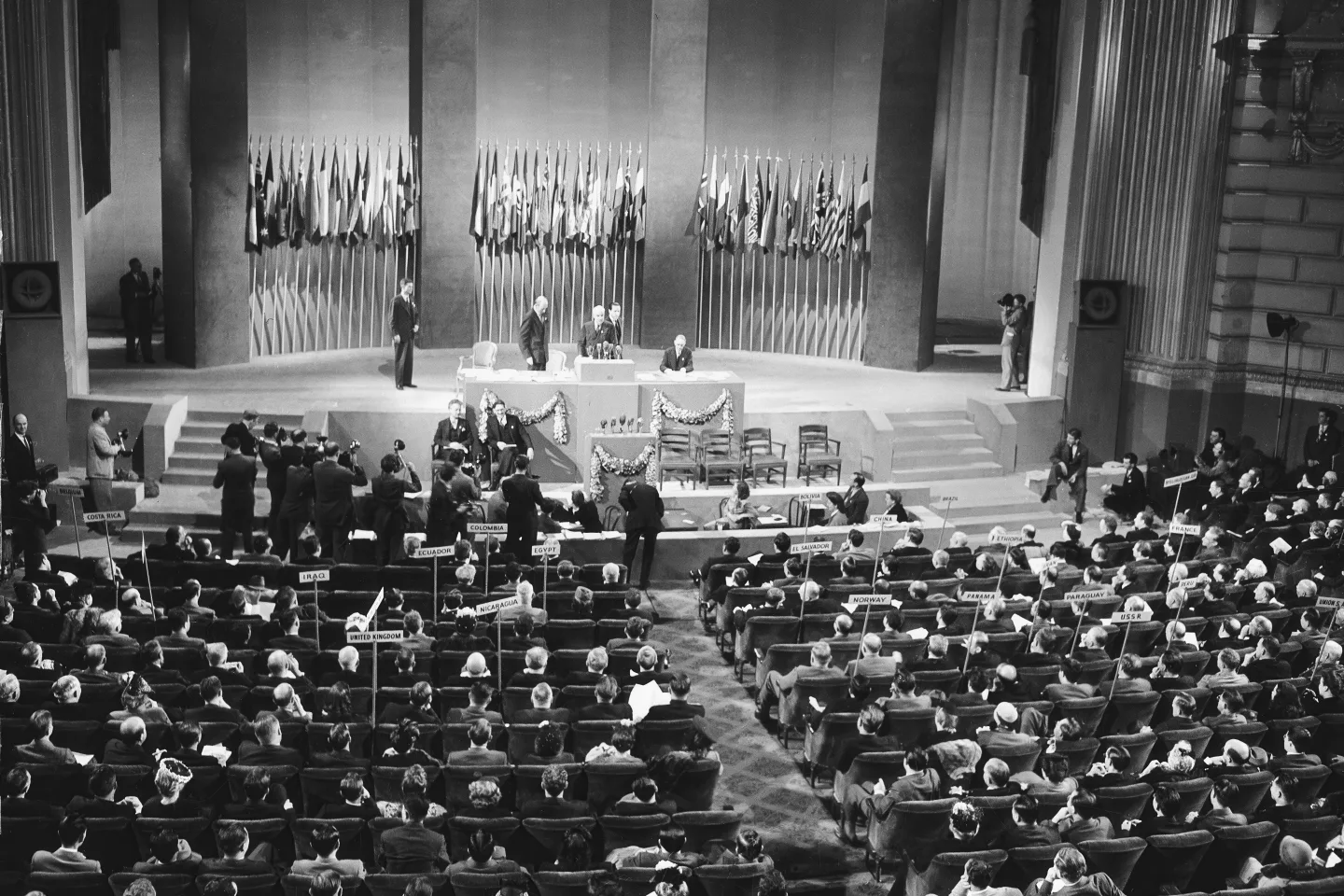
The Security Council, on the other hand, is the UN’s most powerful organ. Comprising 15 members — five permanent and 10 rotating — it is tasked with maintaining international peace and security.
Unlike the General Assembly, the Security Council is a permanent body that can convene at any time to address crises, whether through diplomacy, sanctions, or military intervention.
The decisions made here are legally binding on all member states, and the Council’s authority stems from its ability to enforce compliance.
Yet, the Council’s most controversial and consequential feature is the veto power held by the five permanent members.
This power allows any one of them to block substantive decisions, leading to gridlock and paralysis at critical moments.
Achievements, failures, and an uncertain future
Over the past 80 years, the United Nations has achieved monumental successes. It has played a central role in preventing a third world war, upholding international human rights standards, providing humanitarian aid in crisis zones, and fostering global cooperation on issues like climate change and disease prevention.
Yet, the UN is far from flawless. Its Security Council has often been paralyzed by vetoes, preventing decisive action in moments of crisis.
The genocide in Rwanda, the ongoing humanitarian disaster in Gaza, and the failure to prevent mass atrocities stand as painful reminders of its shortcomings.
As the UN celebrates its 80th session, it faces one of the most perilous periods in its history. From the bloody conflict in Ukraine to the escalating humanitarian catastrophe in Gaza, the need for a reformulated and revitalized UN system has never been more urgent.
The challenge is clear — Can the United Nations remain a relevant, effective force for global peace, or has it become an institution of bureaucratic inertia, detached from the realities of the 21st century?
In the midst of challenges of today and tomorrow, the 80th anniversary of the General Assembly comes at a critical moment in global history.

Among the many challenges confronting the UN, several stand out:
The War in Ukraine: A glaring test of international resolve, and a challenge to the existing security system. The world watches as the UN’s response will shape the future of conflict resolution and international law.
The Gaza Crisis: A long-running tragedy that underscores the UN’s limited ability to intervene decisively in situations of prolonged conflict, highlighting the flaws in the UN’s enforcement capabilities.
The Climate Crisis: The world’s most pressing existential challenge requires unprecedented collective action. The UN must lead the way in curbing carbon emissions, promoting sustainability, and securing funding for climate adaptation.
The Struggling Sustainable Development Goals (SDGs): Once seen as the roadmap for global prosperity, the SDGs are faltering. The UN faces the daunting task of reigniting the momentum needed to meet these ambitious goals.
Reforming the Security Council: As global power dynamics shift, there is increasing pressure to reform the Security Council to reflect the realities of the 21st century. Many countries are calling for a more inclusive and representative body, one that no longer reflects the post-World War II order, but the contemporary balance of power.
His Highness the Crown Prince Sheikh Sabah Khaled Al-Hamad Al-Sabah, representing His Highness the Amir, in his meeting with UN Secretary-General António Guterres on the sidelines of the 80th UN General Assembly session has highlighted Kuwait’s support for the UN efforts to enhance its effectiveness, and the upcoming two-state solution conference on Palestine.
The Crown Prince also met UN General Assembly President Annalena Baerbock, conveying Kuwait’s greetings and support for her role. Additionally, he received US Deputy Secretary of State Christopher Landau and Miami Mayor Francis Suarez, with meetings attended by senior Kuwaiti officials, including members of the Amiri Diwan and the Kuwait Direct Investment Promotion Authority.
A Vision for the Future: Can the UN Adapt?
As world leaders converge in New York this week, each country carries its hopes and aspirations for the future. Most agree that the Security Council must be reformed.
No longer can it remain a relic of Cold War power struggles. The veto system, which has allowed global gridlock for decades, must evolve into a more responsible and equitable framework for decision-making.
The General Assembly, too, must find ways to translate its moral authority into greater practical influence, strengthening its role in mediation and conflict resolution.
For the UN as a whole, the task is clear: it must prove that it is not merely a forum for global conflict but a vital mechanism for resolving it.
Its 80th anniversary should not be a moment of self-congratulation but a moment of reinvigoration. The future of the organization will be determined not by its structure, but by the collective will of its member states.
The 80th session represents an indirect referendum on that will. Will the United Nations regain the trust of the people it was designed to serve? The answer lies in the actions and decisions made in the coming days — and in the years to follow.
























